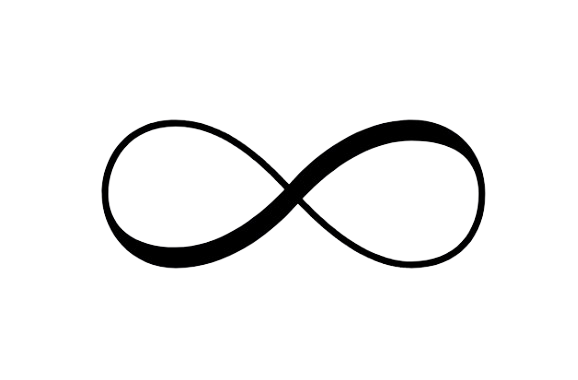
Neurodiversity
There are unique gifts and challenges to being neurodivergent.
The challenges of being Autistic and/or having Attention Deficit/Hyperactivity Disorder (ADHD) are often recognized and there are also many aspects of having these identities that are amazing and underappreciated. It’s important to work with someone who truly understands the nature of ADHD and Autism and has lived experience navigating both.
Some things to know
Both ADHD and Autism are neurodevelopmental differences that are often pathologized while their unique gifts are underrecognized.
Folks with ADHD often experience difficulty getting started on tasks, paying attention when others are speaking to them, remembering where they placed objects like their phone or keys, and more.
Folks with Autism often experience difficulty understanding social cues and nonverbal communication, sensory sensitivities such as needing their clothes to be soft and stretchy, and difficulty with changes to their routine.
There is a huge overlap between the two conditions, so it’s common for folks who have one to have the other. In fact, up to 65% of folks diagnosed with ADHD may have Autism; and up to 83% of diagnosed Autistics may have ADHD! (Source)
Later in life diagnosis, which is common for many people (particularly those assigned female at birth), can be a life-changing experience that opens up new possibilities for understanding yourself and your experiences through a new lens
Working with a neurodiversity-affirming therapist can inspire self-compassion and empowerment that brings folks into greater alignment with themselves
Working with me
I have personal lived experience being late diagnosed with ADHD and Autism, which means I’ve lived through the confusion of existing in a world built for neurotypicals before having a helpful lens to understand myself.
Neurodiversity is a special interest of mine which has led me to take multiple hyper-specialized trainings. I’m trained to provide psychedelic care to neurodivergent individuals from Autistic Psychedelic Community, and on how to facilitate mindfulness for neurodivergent folks from the Mindful Society Global Institute. I’m knowledgeable about the interplay between neurodiversity and gender expression, having taken a training from The Pincus Center for Inclusive Treatment and Education. Read more about my LGBTQIA+ informed trainings and experience working with trans folks and LGBTQ+ Jews.
I love helping neurodivergent folks develop greater social communication skills. Interpersonal relationships can be tricky for those with ADHD and Autism when it comes to creating true satisfaction and navigating boundaries. I studied linguistics in undergrad, which led to completing a year of graduate studies in Speech-Language Pathology. As a speech therapy student, I particularly enjoyed working with Autistic kids on social communication skills.
It’s a passion of mine to help people unlock a new, healthier way of relating to their minds. It can be so freeing to figure out how your brain works from a neurodiversity-affirming lens as opposed to a deficit lens.
Ways to work with me: Individual, Relationship, Psychedelic Assisted Therapy, Experiential (i.e. Retreats, Workshops, Nature-Based Sessions)
Common goals
Affirming your neurotype: determining whether you have ADHD and/or are Autistic
Exploring how to work with your brain now that you’re aware you have ADHD or Autism, including any changes you might want to make in your life
Assessing the pros and cons of using medication to manage your symptoms (as prescribed by your doctor)
Navigating relationships in which one person might be neurodivergent and another is not, or one in which there’s a blend of neurodivergent identities
Being able to have more satisfying interpersonal relationships; learning to set boundaries and have healthier communication
Celebrating the beautiful aspects of ADHD and/or Autism that are often overlooked
Healing from the trauma of living in a neurotypical world that doesn’t always celebrate your way of being
Resources
Before we begin working together, if you’d like to read more, this is where I recommend starting:
Driven to Distraction (Revised): Recognizing and Coping with Attention Deficit Disorder by Edward M. Hallowell, M.D. and John J. Ratey, M.D.
Unmasking Autism: Discovering the New Faces of Neurodiversity by Devon Price, Ph.D.
How to ADHD: An Insider's Guide to Working with Your Brain (Not Against It) by Jessica McCabe
Self-Care for Autistic People: 100+ Ways to Recharge, De-Stress, and Unmask! by Dr. Megan Anna Neff
